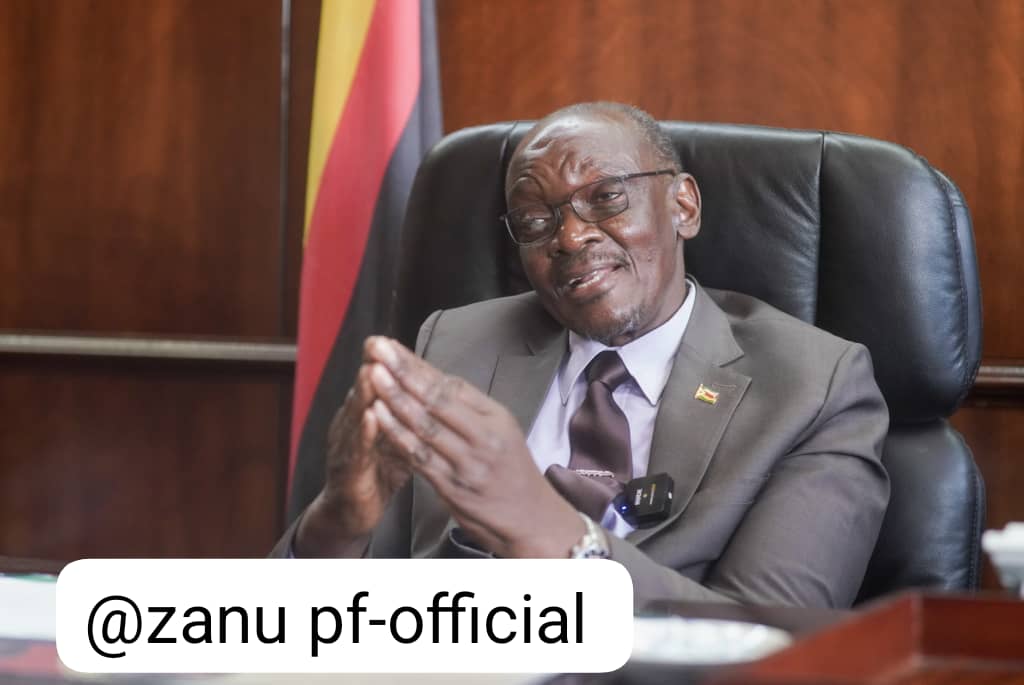By Margaret Kamba
There was something very enlightening about ZANU PF's Second Secretary, Vice President Rtd Col. Kembo Dugishi Mohadi's narration about the liberation struggle.
His account of the war operations speaks volumes about a guerrilla force that was very well organised.
Listening to him recollect the memories of how they collected real-time Intel for operations that saw Zimbabwe becoming free from colonial rule was eye-opening.
According to him, the sons and daughters of Zimbabwe fought very gallantly and used every means possible to bring weapons to the front so that the guerrillas would travel light.
"This day brings joy and sadness. Joy in that the people of Zimbabwe got their freedom on 18 April 1980. Sadness because for us to attain that uhuru, we left behind many comrades who were fighting against the Smith regime. In this celebration, their lives were lost.
"The training that we got doesn't allow that we speak about it. I trained as a guerrilla and left the country in 1971. After training and operation in the front, I went for further training and then specialized in intelligence, and these are not usually discussed.
Our job was to get real-time intelligence for the liberation movements so that they could plan correctly. Intelligence information had to be accurate, not a rumor, so as to determine the strength of the enemy so that the commanders would deploy accordingly.
We had to map the area to show the distances and how the terrain was. We were a force that wasn't mechanized. We did everything on our feet. Sometimes, it became very difficult."
Vice President Mohadi disclosed that they had to conceal places where arms could be kept.
"We created dumps (to hide heavy machinery), so once you map the area, you gave that information to the forces so that they enter with light arms and then use the maps."
The question of how they brought in the weapons was answered when he explained how they were flown in.
"You know the suitcases with the metal band? We would create a false bottom identical with the true bottom. We also used to pass information or give instructions through a micro dot."
So the micro dot, the magnifying glass, the ironing of letters, and the dark room were all used to ensure Zimbabwe's independence.
Vice President Mohadi rubbed shoulders with the nationalist leaders Jason Ziyaphapha Moyo, Lookout Masuku, Nikita Mangena, Josiah Tongogara and Herbert Chitepo amongst others.
When he spoke about where he stayed in Zambia, his gaze faded when he spoke about it. You could tell that he had journeyed to a painful moment during that liberation struggle.
"Before the liberation of Mozambique, we were all in Zambia. Where I stayed, I operated in Libila Stage 3 near Border Chilenje, where Tongogara was killed." (He looked down as he spoke about it.)
Talking about whether or not what they fought for has been achieved, Cde Mohadi said the economic independence is yet to be achieved.
He also encouraged the young people to uphold the ideals of the liberation struggle.
"We must work on the young people's ideology. We must uphold the ideals of the liberation struggle. They must be inculcated with the values of the struggle so that we can bequeath the power and they run with the emancipation baton stick," he said.
" His Excellency, President Emmerson Dambudzo Mnangagwa has come up with vision 2030. We are working with a vision of an upper middle-income society."
He added that all "Zimbabweans should be patriotic before being Shona, Ndebele or Venda. Someone must be prepared to die for his country. We all make mistakes, but criticism must be constructive, not antagonistic. Love your country more than you love yourself."
